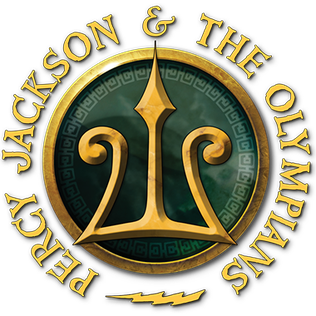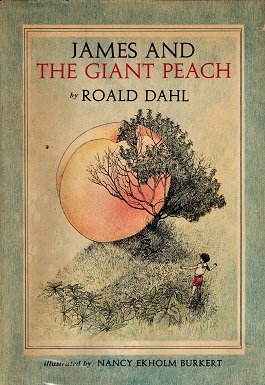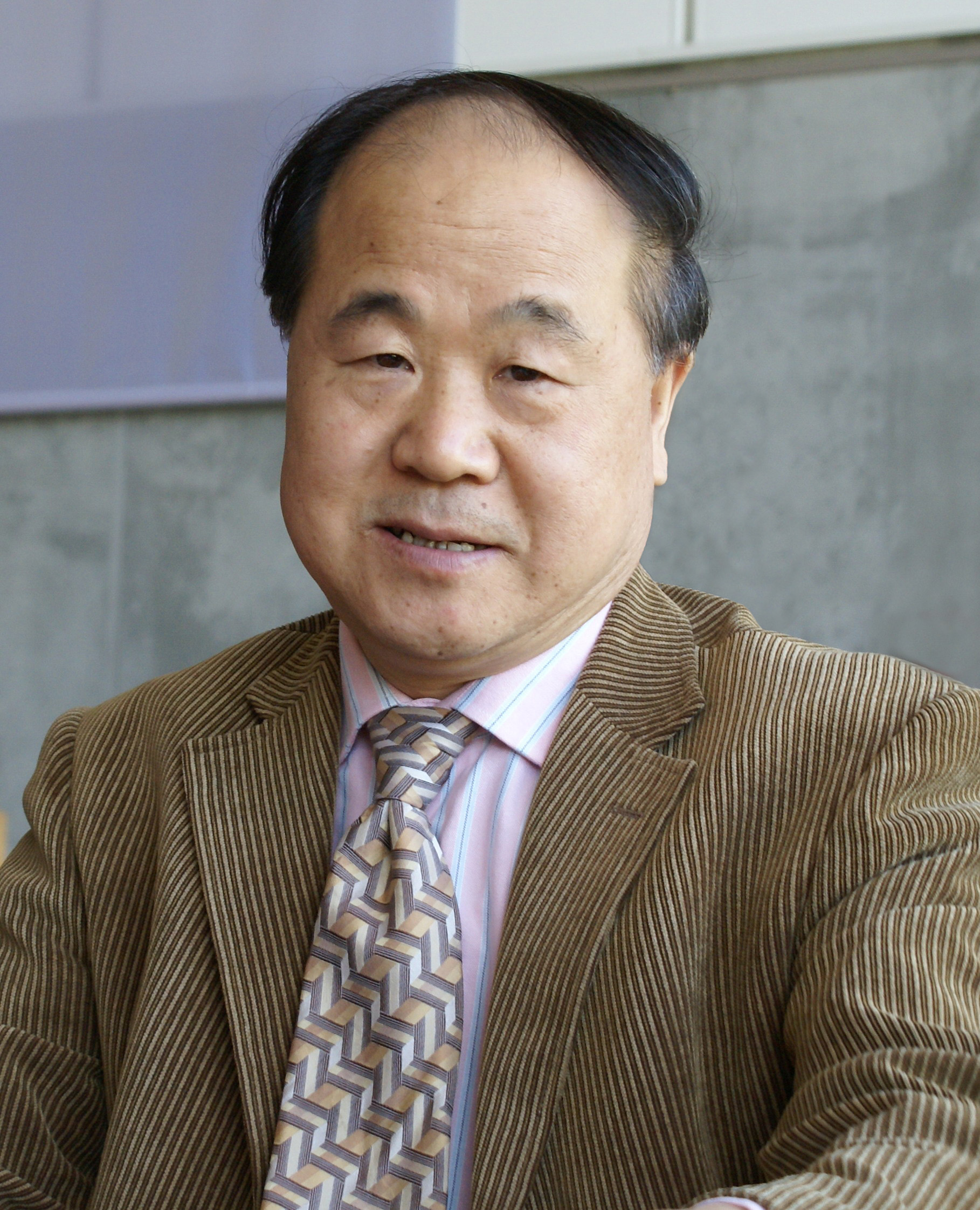Joseph Brodsky
Explore the remarkable timeline of Joseph Brodsky, the renowned Russian-American poet and essayist. From his birth in Leningrad, through his exile, to his rise as a Nobel Prize laureate in Literature, delve into the life events that shaped Brodsky's influential literary career.
Birth of Joseph Brodsky
Joseph Brodsky, originally named Iosif Aleksandrovich Brodsky, was born on May 24, 1940, in Leningrad, Soviet Union (now Saint Petersburg, Russia). He was a Russian-American poet and essayist who would go on to become one of the most significant Russian poets of the 20th century and later a prominent figure in the American literary world. Brodsky's early life in the Soviet Union was marked by hardship and persecution owing to his critical views, leading to his eventual emigration to the United States.
Start of Brodsky's Trial
On February 13, 1964, Joseph Brodsky's trial for 'parasitism' began in Leningrad, Soviet Union. The trial was part of a campaign against Brodsky due to his nonconformist ideology and resistance to Soviet literary standards. The transcript of the trial later became famous, illustrating Brodsky's articulate defense of poetry as a profession and the absurdity of the charges against him. The trial and his subsequent sentence drew international attention and support from notable figures like Jean-Paul Sartre and Anna Akhmatova.
Conviction and Sentencing for 'Parasitism'
On March 13, 1964, Joseph Brodsky was convicted of 'parasitism' by the Soviet authorities. The Soviet government accused him of lacking a permanent job and thus declared him a social parasite, a charge often used to suppress dissidents and nonconformists. During his trial, Brodsky defended his vocation as a poet, claiming that writing poetry was indeed valuable work. Despite this, the judges sentenced him to five years of hard labor in the Arctic region in Arkhangelsk, but he served only 18 months before his release due to international pressure and appeals from writers worldwide.
Publication of 'Less Than One: Selected Essays'
In 1986, Joseph Brodsky published 'Less Than One: Selected Essays', a collection of essays that delve into a variety of subjects ranging from literary criticism to personal reflections. This work showcased Brodsky's prowess as an essayist, offering insights into the nature of art, culture, and human experience. The book includes essays on writers such as Dostoevsky, Auden, and Frost, revealing Brodsky's intellectual depth and his ability to engage with complex ideas in a thought-provoking manner. The collection is hailed as a significant contribution to literary scholarship.
Publication of 'Watermark: An Essay on Venice'
In 1992, Joseph Brodsky published 'Watermark: An Essay on Venice', a book that reflects his deep connection to the city he visited often. Through a blend of prose and poetry, Brodsky captures the unique beauty and atmosphere of Venice, intertwining his personal reflections with the city's historical and cultural richness. The essay is celebrated for its lyrical quality, depth, and insight, and remains one of Brodsky's most beloved works in English, showcasing his skill as an essayist and his passion for one of the world's most enchanting cities.
Publication of First Poetry Collection
In November 1965, Joseph Brodsky's first major collection of poetry, 'The Poems of Joseph Brodsky', was published in the United States. This collection marked Brodsky's emergence as a significant voice in literature, showcasing his poetic talent and ability to convey complex emotions and themes despite the oppressive environment of the Soviet Union. The publication introduced Brodsky to an English-speaking audience and established his reputation as a profound poet whose work challenged political and social norms.
Exile from the Soviet Union
Joseph Brodsky was expelled from the Soviet Union on June 4, 1972. Following his conviction for 'parasitism' and subsequent imprisonment, Soviet authorities continued to harass him. Eventually, they forced him to leave the country permanently. Brodsky settled in the United States, where he continued his literary career. This exile allowed him to gain international acclaim, as he distinguished himself as both a poet writing in Russian and an English-language essayist, contributing significantly to American literature and thought.
Awarded the Nobel Prize in Literature
On October 8, 1987, Joseph Brodsky was awarded the Nobel Prize in Literature. The Nobel Committee recognized him for an oeuvre that had enriched and expanded the field of poetry with its clarity, breadth, and profound beauty. Brodsky's works bridged his Russian roots with his experience in the United States, combining deeply philosophical reflections with vivid poetic expression. The award solidified his status as one of the preeminent literary figures of his generation, acknowledging both his Russian-language poetry and his English-language essays.
Becomes Poet Laureate of the United States
On January 29, 1991, Joseph Brodsky was appointed as the Poet Laureate of the United States, a role he held until 1992. During his tenure, he advocated for greater awareness and accessibility of poetry, suggesting initiatives such as placing poems in public places and on school curricula. Brodsky's tenure as Poet Laureate marked a significant bridge between his Russian literary heritage and his American influence, emphasizing the value and universality of poetry as a critical form of human expression.
Death of Joseph Brodsky
Joseph Brodsky passed away on January 28, 1996, in New York City, United States, due to a heart attack. At the age of 55, Brodsky left behind a significant literary legacy that spanned cultures and languages. His body of work includes numerous volumes of poetry written in Russian and essays in English, which continue to influence writers and poets around the world. Brodsky's death marked the end of a career that had seen him rise from persecution in the Soviet Union to become a laureate and a celebrated figure in American and world literature.
Frequently asked questions about Joseph Brodsky
Discover commonly asked questions regarding Joseph Brodsky. If there are any questions we may have overlooked, please let us know.
Why did Joseph Brodsky leave the Soviet Union?
When did Joseph Brodsky win the Nobel Prize in Literature?
What can be considered Joseph Brodsky's most significant contribution to literature?
When and where was Joseph Brodsky born?
Related timelines
More timelines connected to Joseph Brodsky







